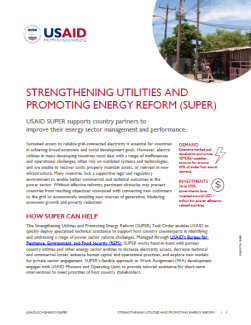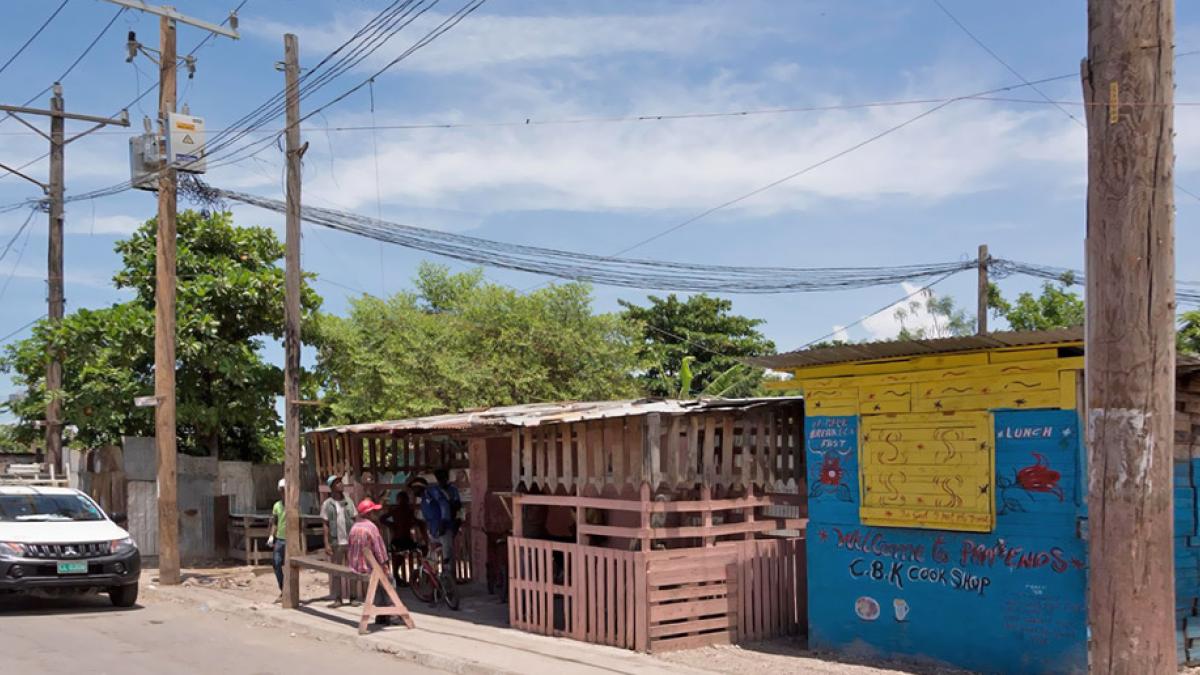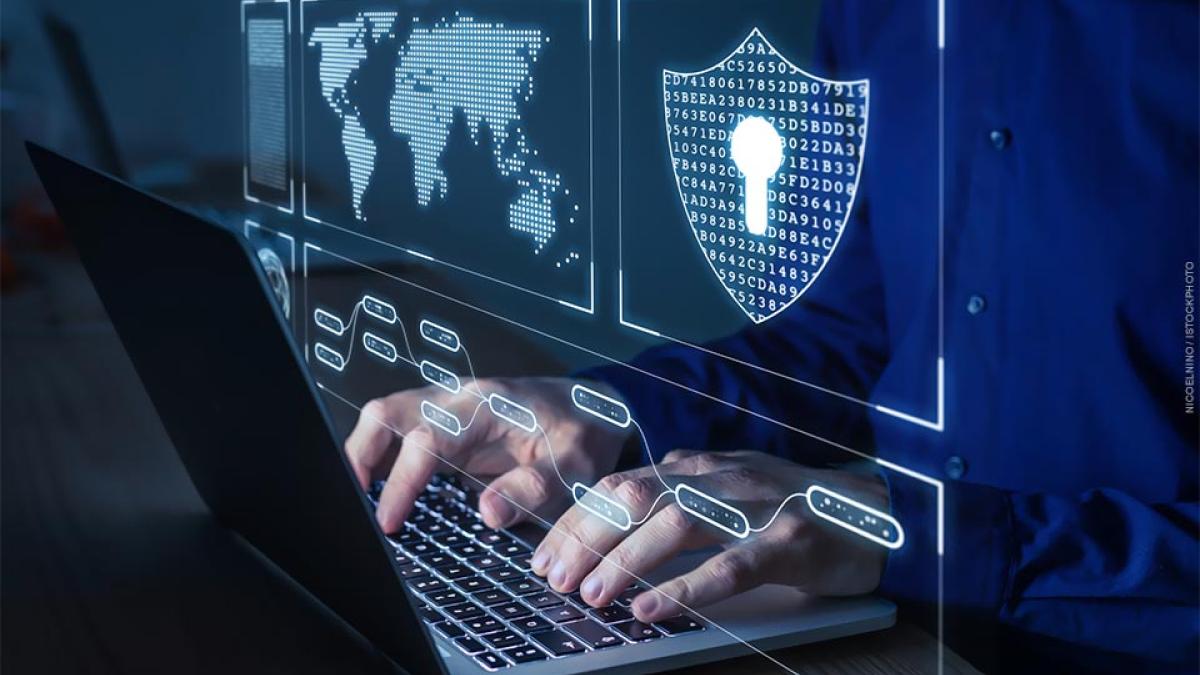Strengthening Utilities and Promoting Energy Reform (SUPER) Fact Sheet
Fact Sheet –
USAID’s SUPER program supports country partners to improve their energy sector management and performance.
Sustained access to reliable grid-connected electricity is essential for countries in achieving broad economic and social development goals. However, electric utilities in many developing countries must deal with a range of inefficiencies and operational challenges, often rely on outdated systems and technologies, and are unable to recover costs, properly maintain assets, or reinvest in new infrastructure. Many countries lack a supportive legal and regulatory environment to enable better commercial and technical outcomes in the power sector. Without effective reforms, persistent obstacles may prevent countries from reaching objectives associated with connecting new customers to the grid or economically installing new sources of generation, hindering economic growth and poverty reduction.
How SUPER Can Help
The Strengthening Utilities and Promoting Energy Reform (SUPER) Task Order enables USAID to quickly deploy specialized technical assistance to support host country cou>nterparts in identifying and addressing a range of power sector reform challenges. Managed through USAID’s Bureau for Resilience, Environment, and Food Security (REFS), SUPER works hand-in-hand with partner country utilities and other energy sector entities to increase electricity access, decrease technical and commercial losses, enhance human capital and operational practices, and explore new models for private sector engagement. SUPER’s flexible approach to Work Assignment (WA) development engages with USAID Missions and Operating Units to provide tailored assistance for short-term interventions to meet priorities of host country stakeholders.
Illustrative Services Available through SUPER
Identifying and Advancing Sector Reform
- Developing sector assessments, strategies, plans and roadmaps to diagnose key issues and challenges, such as an analysis of the Iraqi energy sector and regulatory environment.
- Hosting workshops and forums with stakeholders about energy reform issues to promote understanding and coordinate consensus.
Designing Strong Legal and Regulatory Frameworks
- Deploying national frameworks like the Joint Non-Technical Losses Policy Concept Note and subsequent House Wiring Initiative in Jamaica, which aim to reduce electricity theft and streamline policy effectiveness.
- Analyzing the national power sector in Iraq to provide recommendations that will help modernize its energy system and increase private sector investment.
Building High-Performing Utilities
- Enhancing utility capacity and operations through the provision of targeted technical assistance, such asdeveloping and improving organizational cybersecurity and digitalization in the Caribbean and Central America.
- Improving utility financial modeling, tariff analysis, and customer regularization and metering, demonstrated through the success of the Jamaica House Wiring Initiative.
Undertaking Cross-cutting Sector Reform Activities
- Applying a gender equality and environmental and social inclusion lens to energy sector services and operations.
- Training and technical assistance for counterparts on new approaches, technologies, and operational models for accessing alternative, sustainable financing and facilitating private sector engagement.
- Publishing leading practice reports, materials, and media on sector reform issues such as enabling environments and non-technical losses.
Engaging with SUPER
The SUPER Task Order runs through September 2025 and has a ceiling of $12.8 million. SUPER offers services including strategies and tools for reducing technical and non-technical losses; enhancing cybersecurity through assessments, policy development, and process and governance improvements; and toolkits for accessing alternative sources of climate finance. SUPER is funded through REFS and through buy-ins by USAID Missions for in-country Work Assignments. More information is available on the USAID SUPER website.
Contact
Matthew Ogonowski
Senior Energy Advisor
mogonowski@usaid.gov




